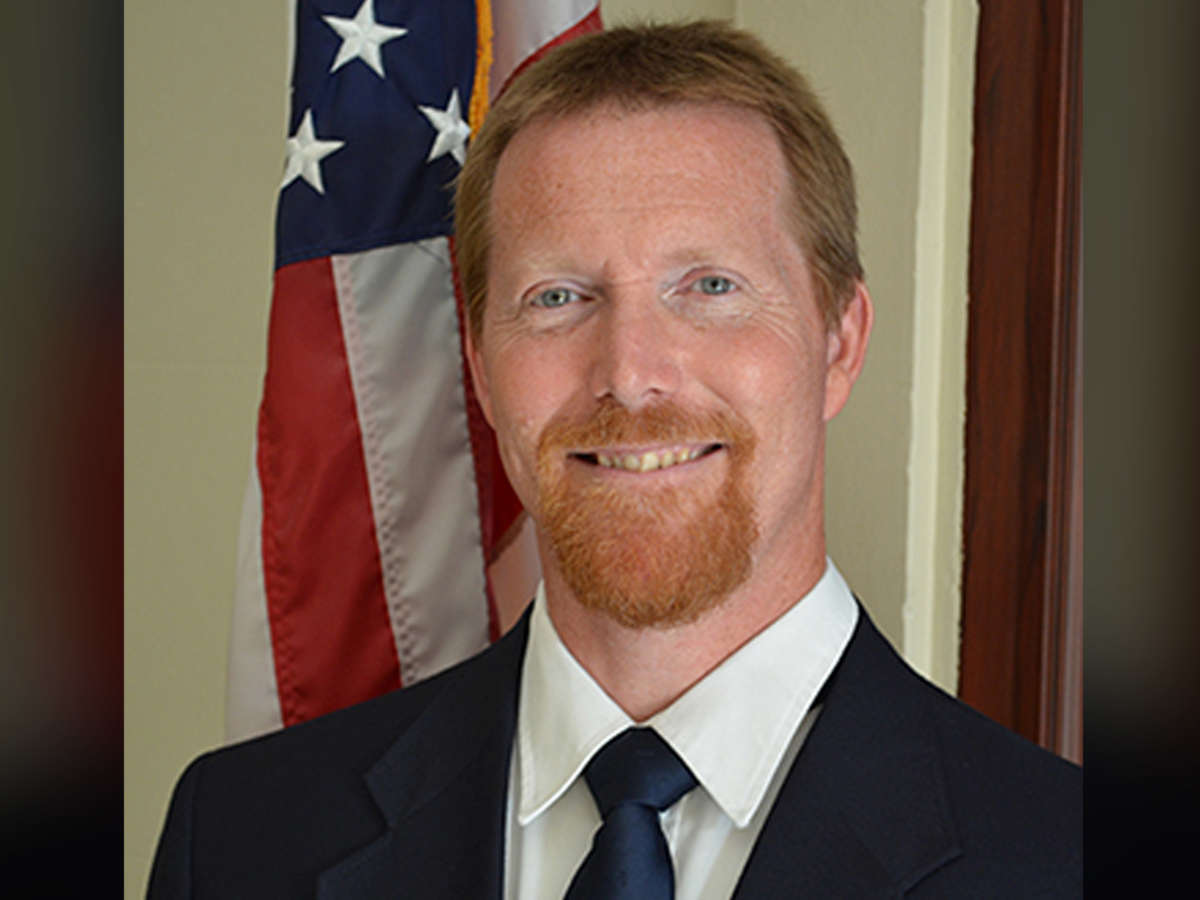A candidate for legislative office in Oklahoma with a violent past is refusing to answer questions from reporters over comments he made years ago in which he suggested that gay people deserve to be executed.
On Tuesday, Scott Esk will be facing off for a state House of Representative seat in a primary runoff election against another Republican, Gloria Banister.
In 2013, responding to a Facebook post about Pope Francis’s views on homosexuality, Esk quoted Bible passages suggesting that people who sin are “worthy of death.” When asked if he was implying that gay people should be executed, Esk responded in the affirmative.
“I think we would be totally in the right to do it…Ignoring as a nation things that are worthy of death is very remiss,” he said.
When a journalist questioned him about the comments during his 2014 run for state representative, Esk doubled down, saying that the execution of gay people “was done in the Old Testament under a law that came directly from God.” In his view, this was a “totally just” command, Esk added.
Since Esk became a viable candidate in the election earlier this year, local newspapers and TV stations have been trying to get him to explain his position further. But Esk has refused to comment, saying in a video he published online that reports of his views are “hit piece[s] on the fact that I had an opinion against homosexuality.”
“Does that make me a homophobe? Maybe some people think it does,” he said in the video from July. “But as far as I and many of the people, the voters of House District A7 are concerned, it simply makes me a Christian.”
“I’ve stood up for what is right in the past, and I intend to in the future and I am right now. That’s got me in trouble,” Esk said. “The media are not my friends, as far as I’m concerned.”
In another video he published this week, Esk responded to reports about his firing from the Oklahoma Department of Public Safety (DPS) a decade ago, a decision the department made after he was arrested while at work for making threats against his pastor following the church’s intervention on his ex-wife’s behalf during a bitter divorce.
A DPS investigation determined that Esk should be terminated over his ex-wife’s allegations in 2007 that he had engaged in “physical and emotional abuse” toward her and their children. The decision was also based on Esk’s reaction to those claims.
The Church of Christ, which the former couple had belonged to, doesn’t recognize divorce unless one of the parties can prove adultery. Esk’s ex-wife provided evidence showing that he had frequently called a “house of prostitution,” the DPS report said. Upon seeing that evidence, the church gave its blessing for a divorce.
Furious with the outcome, Esk — who denies the adultery claims from his ex-wife — began a harassment campaign against the church and its pastor. He sent weekly emails to the church and to other Church of Christ organizations across the country. He would yell “repent” to the pastor if he saw him in public. And a fellow church member later testified that Esk also made violent threats to the pastor, saying that he would “like to show [the pastor] how good I am with a firearm,” and that he would “show him what violence really is.” He also allegedly said that he’d like to put the pastor “in a body bag,” that individual said.
Esk was eventually banned from the church. His ex-wife and the pastor have filed Victim Protection Orders against him.
A 2016 court order also shows that Esk, who didn’t deny hitting his kids, believed that his abuse of his children was justified by his religious views. When his ex-wife assumed custody of his kids, Esk complained to a court that he was being “deprived of [his] God-given right to apply corporal discipline to my children.”
“So we are here because you haven’t had an opportunity to spank your boys enough,” a judge said. “Is that what you’re telling me?”
“I think that’s a big factor,” Esk responded.
If elected, Esk has said that he plans to draft legislation that would change divorce law in the state.


